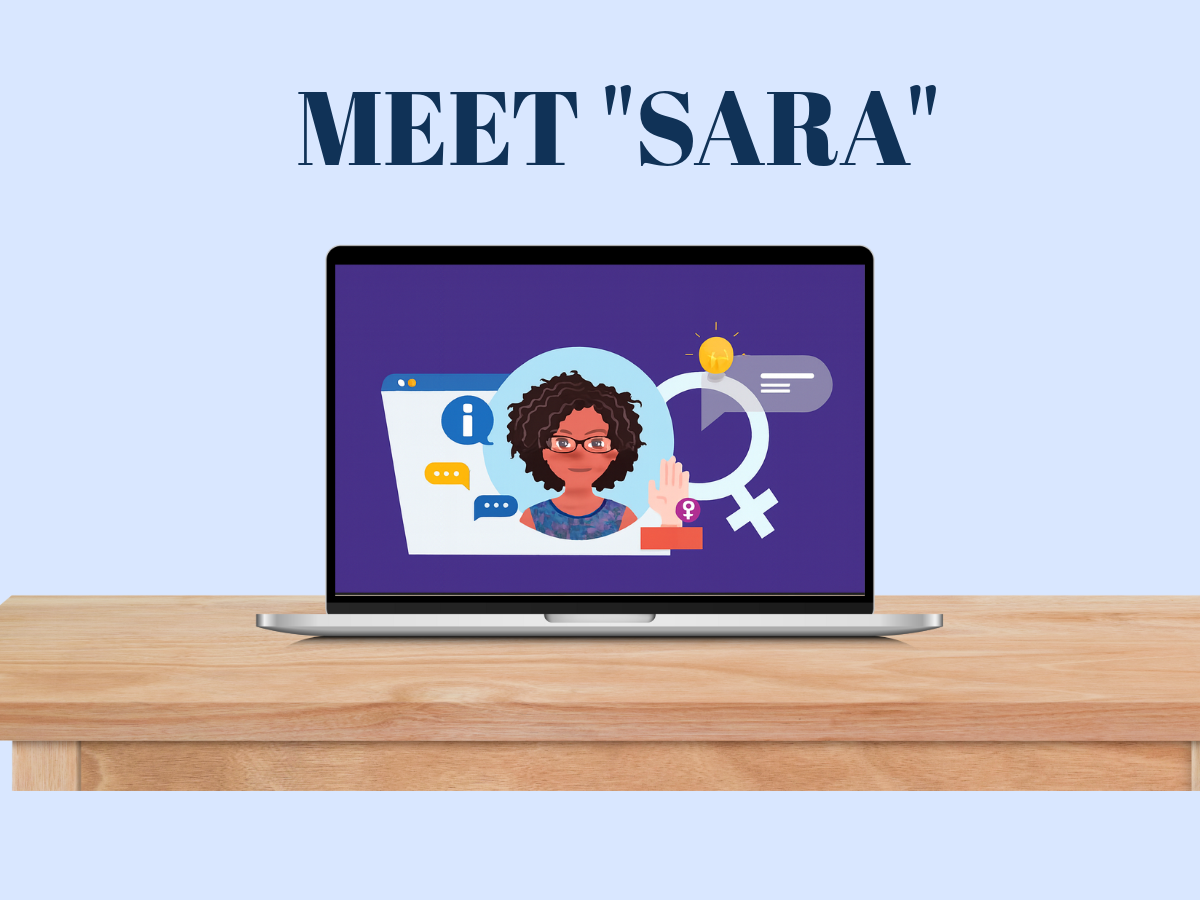Raised in Mexico, a country tragically distinguished by one of the highest femicide* rates internationally[1], my experience as a woman has been marked by the pervasive threat of gender-based violence. A horrific reality for millions across the world, gender-based violence (GBV) includes a range of actions that harm or have the potential to harm women physically, sexually, or psychologically.[2] This isn’t only about physical violence; it also covers threats, coercion, or any arbitrary denial of freedom. GBV can occur anywhere, from public spheres to the privacy of one’s home, and is considered a major violation of women’s fundamental human rights.
Inspired by the tragic stories of women who have suffered at the hands of GBV, the ongoing protests against increasing female homicide cases in Latin America[3], and my personal experience with growing up in Mexico, I am currently writing my Bachelor’s thesis on the subject of femicide in Mexico. During this process, I have discovered not only the massive human rights violations being perpetrated against women in Mexico and the rest of Latin America, but the devastating extent of GBV on an international scale.
- Globally, GBV affects one in three women during her lifetime.[4]
- Over 38% of women who lose their lives to homicide are victims of intimate partner violence perpetrated by men.[5]
- In Central America alone, over 1000 women were estimated to be victims of homicide in 2022.[6]
- In March 2021, over 26,000 reports of violence against women were received by Mexican emergency call centers.[7]
I was shocked at this horrifying statistical reality and how deeply ingrained GBV has become in the daily lives of girls and women, particularly in Latin America. The region is plagued with a strong culture of “machismo”*, under which the female population must endure a constant threat of discrimination and violence in all aspects of their lives. However, governments of the region have repeatedly failed to provide their female population with any sustainable security or long-lasting protection against gender violence, even when their increased vulnerability is clear. Instead, a general environment of inaction and dismissal of the severity of the violence continues, with empty promises of resolution or change only highlighting the lack of institutional interest. With those in power taking minimal strides in dismantling the rising trend of gender violence in the region, I have often wondered who is actually there to offer the protection that girls and women deserve and, frankly, are owed by their countries. While researching local and regional initiatives to combat GBV in Latin America, I came across Sara.
In a landmark initiative to combat violence against girls and women, the United Nations Development Program (UNDP) unveiled Sara in 2023 across Central America. Sara emerges as a cutting-edge chatbot powered by artificial intelligence (AI), designed specifically to extend a helping hand to women facing the threat of gender-based violence. The primary goal behind Sara’s creation is simple yet profound: to provide timely information and crucial guidance to women in vulnerable situations. Through online interaction, Sara bridges victims of domestic and gender-based violence with the vital support services available in their respective countries, including emergency numbers and institutional or civil society groups. Whether it’s offering legal counsel, answering questions, or crafting personalized safety plans, Sara stands ready to assist those in need. Serving as the initial point of contact for victims, this innovative chatbot guarantees confidentiality, anonymity, and round-the-clock availability, ensuring that help is just a chat away, anytime, anywhere, and at no cost whatsoever.
In order to preserve the privacy and safety of women and girls seeking help, it operates online and does not require any download or installation on a mobile device or computer. It maintains its conversations private by instantly deleting them following the closing of the chat and does not store any personal data. According to Sara’s website, the use of the chatbot is as easy as chatting with a friend on any platform. These features are priceless when considering the vulnerability of the individuals seeking help and offers a more accessible alternative to visiting offices or support services in person. While it’s unfortunate that Sara can only be accessed by individuals with access to a mobile device or computer, this tool is undoubtedly a significant step in the right direction.
Leveraging the power of artificial intelligence and machine learning, Sara is constantly refining her knowledge through specialized training. This ensures that the information and guidance she provides are both finely tuned and tailored to the unique context, form, and language of each location and individual. Chatbots addressing gender-based violence have so far also been employed in Switzerland and Thailand, and have been crafted by collaborative teams comprising specialists in gender-based violence, law, communication, and information technology.[8] The primary focus is ensuring that the responses generated by these chatbots are firmly rooted in evidence-based practices, prioritizing the safety and well-being of women and girls, and avoiding any actions that might inadvertently expose them to additional risks. Moreover, the combination of knowledge and information from multiple sources and professional fields promises a more robust pool of information for Sara to rely upon when engaging with those seeking help.
While I recognize that Sara is far from a solution to the epidemic of gender-violence plaguing Latin America, she ultimately marks a significant advancement in the ongoing battle against GBV in Central America and across the globe. By harnessing the power of artificial intelligence and technology, Sara can serve as a lifeline for those in need, offering a safe space to seek information, guidance, and support in times of crisis and vulnerability. Her significance extends beyond her immediate impact: she symbolizes the potential of AI technology to serve as a powerful tool in tackling complex societal issues. With projects such as Sara, we move closer to a reality where survivors are no longer silenced or marginalized but are instead supported, validated, and empowered to live free from fear and oppression.

- Femicide: the intentional murder of girls or women because of their gender.[9]
- Machismo: a cultural concept emphasizing traditional masculine traits, such as strength, dominance, and aggressiveness. Often involves the belief in the superiority of men over women and the expectation that men should fulfill certain roles in society.[10]




